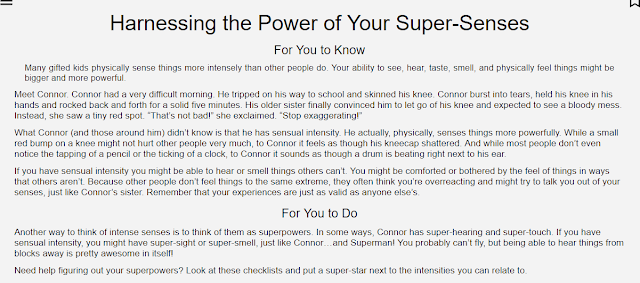Understanding and Handling Stress

We experience stress when we are unsure about our ability to cope successfully with what is being asked of us. We experience stress when we process the outside world as unpredictable, uncontrollable, and too much. Top 3 Sources of Mental Stress: 1. Overload (Too much to do and too little time to do it. For example, I don’t have enough time to study for this test because I have a different project due at the same time.) 2. Expectations (High expectations. For example, It’s important that I pass this test/Mom wants me to get 100%/I want to be perfect.) 3. Conflict (Conflict comes from two sources. Internal: I have to study for this test, but I want to do something else. External: The teacher wants me to study for this test, but I want to do something else.) Class discussion: Can you think of effective ways to handle these three sources of stress? We brainstormed specific advice for students in each cohort. Stress vs. Overwhelm Overwhelm represents an extreme level of stress wher...

